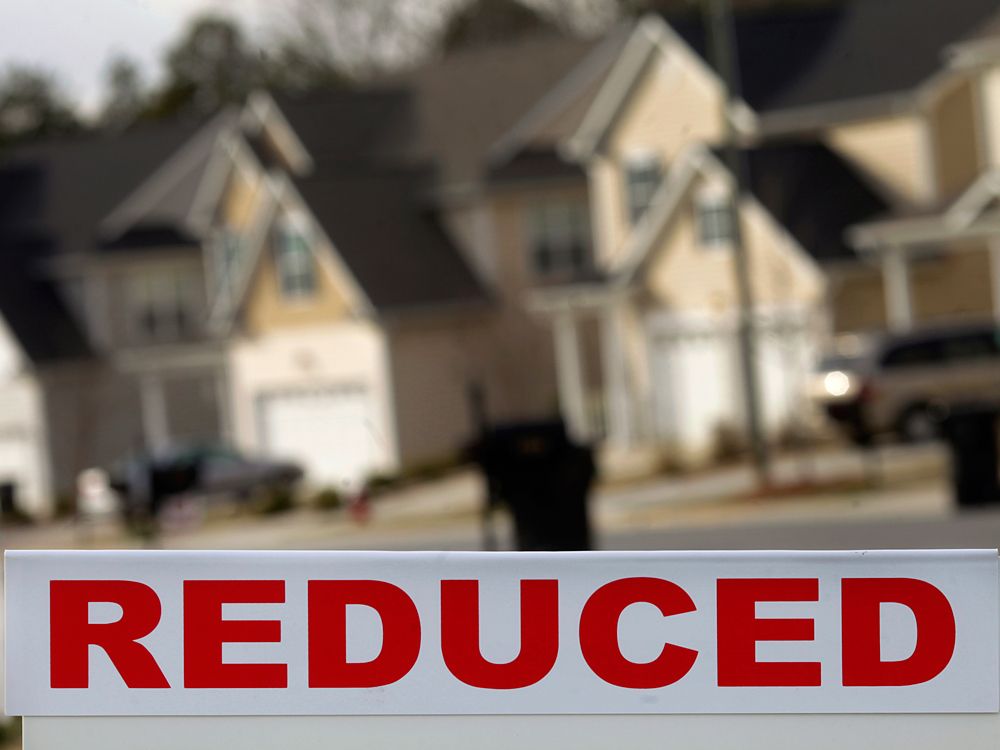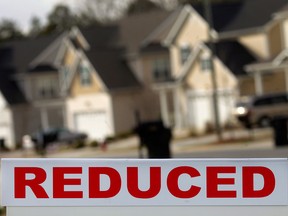Banking watchdog warns housing prices could plunge 20% when ‘speculative fever’ breaks

OSFI chief describes the pandemic housing surge as the perfect storm

Article content
Canada’s federal banking regulator described the housing market as being in the late stages of a “speculative fever,” and warned that prices could plunge by as much as 20 per cent in some markets.
Article content
“There is a speculative fever that takes over private markets and that’s what’s playing out,” in housing, Peter Routledge, head of the Office of the Superintendent of Financial Institutions, said on the latest edition of political consultant David Herle’s weekly podcast, The Herle Burly. “Looking ahead, it feels like we’re at the later stages of that phase. My expectation is that as rates go up, assuming they do, some of that fever is going to abate a little and you’ll see a slowdown in prices.”
Routledge, a former analyst at National Bank who was running Canada Deposit Insurance Corp. when he was tapped to lead the OSFI last year, described the surprising surge in home prices during the pandemic as a perfect storm: Many households were sitting on lots of equity thanks to the rising home prices of the past decade; delinquency rates in Canada are low, which lowers the risk for lenders; a “herd mentality” kicked in as prices steadily rose; and the Bank of Canada dropped its benchmark lending rate to effectively zero.
Article content
As those forces recede, housing markets will cool, and some might even correct, Routledge said.
“In some markets where you had a really rapid increase in prices, you could see a fall of 10 (per cent), 20 per cent, even,” Routledge said. “But that will just be a return back to a little bit more sanity after a sudden buildup in prices.”
-

Calgary housing market heats up as homebuyers from Ontario, B.C. pile in
-

Housing market needs ‘radical out-of-the-box thinking’
-

Busting the myth of Canada’s million or more vacant homes
The Superintendent of Financial Institutions, however, does not think the steep price drops he expects in some cities are likely to pose a broader threat to the country’s financial system.
Toronto and Vancouver, the country’s priciest markets, have weathered similar declines before.
Article content
“You’re talking peak-to-trough declines of 20 per cent,” in those cities between 2015 and 2017, he said. “So we can absorb that volatility.”
Canada’s housing market has been setting records for the better part of a decade, led by Vancouver and Toronto. The frenzy has spread to other cities during the pandemic, as demand for bigger houses, or cheaper ones than can be found in major centres, caused Toronto-like price increases in places such as Ottawa, Montreal, and Moncton, New Brunswick.
Investors took note and jumped on the opportunity to turn a profit. Routledge said a “speculative boom” in housing has added extra heat to the market. Typically, investors account for about 15 per cent of home sales, but currently they are responsible for about 22 per cent of sales, he said.
“Even though that seems like a little bit, it’s quite significant incremental demand into the system,” Routledge said.
However, investors’ interest in the housing market likely is about to decline. “With rates going up, with the general recognition that, ‘Boy, housing is pretty fully valued,’ I’m not sure your expected return in the housing sector … I think a smart investor would think twice and maybe look at other outlets,” he said.
Additional reporting by Bloomberg







